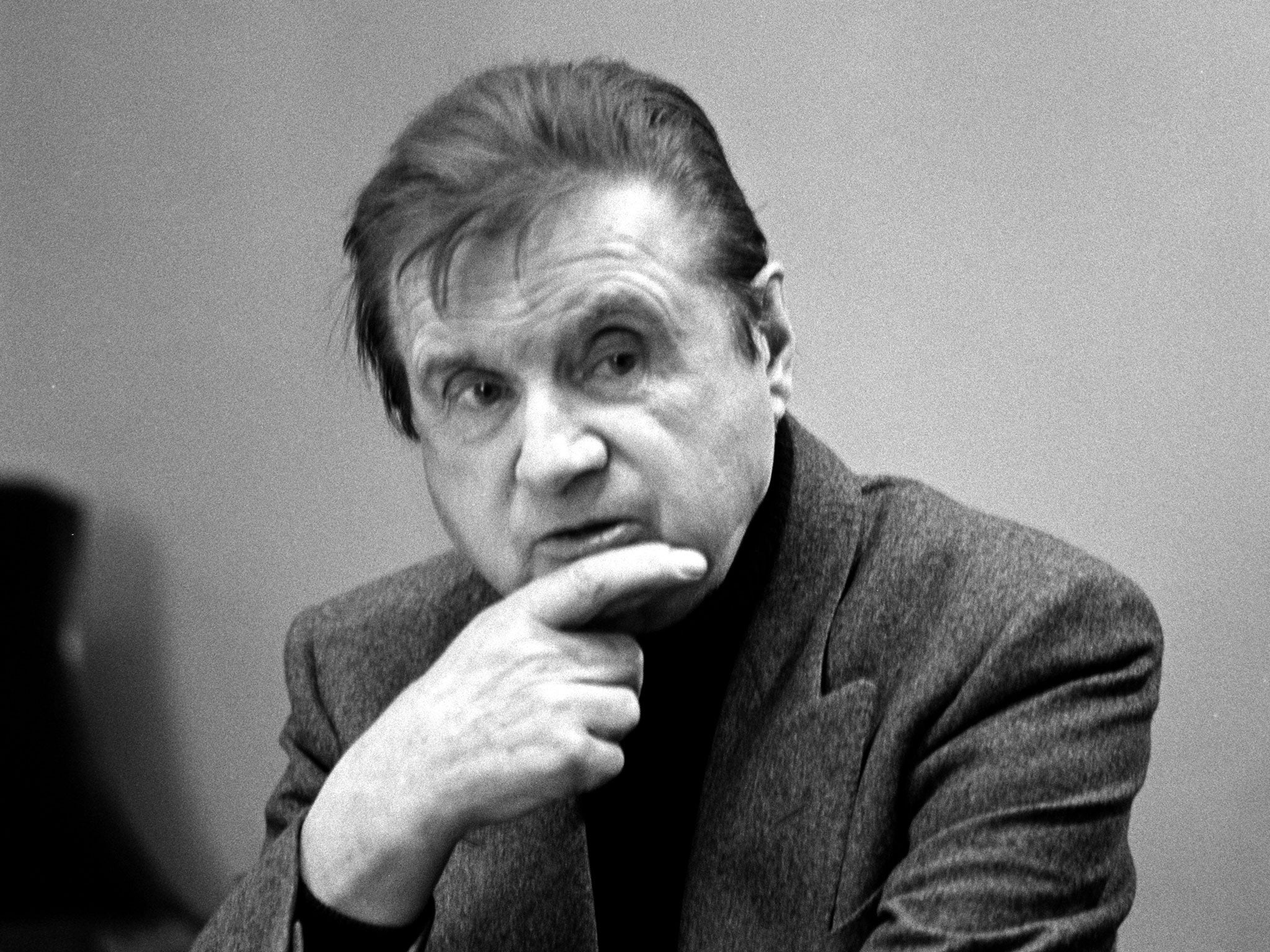Francis Bacon in Your Blood: A Memoir by Michael Peppiatt, book review
Francis Bacon's views on art, death and his bohemian circle make revealing reading in this enjoyable memoir

In June 1963, 21-year-old Michael Peppiatt made his way to the French House pub in London's Soho with an audacious plan in mind. There he hoped to find the 53-year-old artist Francis Bacon and request an interview for his student magazine. He got more than he bargained for. Bacon clearly felt an instant attraction to the handsome, curly-haired boy and invited him out to a drunken lunch with a bunch of his friends, including the photographer John Deakin and painter Lucian Freud.
Peppiatt returned to Cambridge with a hangover and Bacon's phone number. For the next 29 years he remained a regular companion, enjoying countless nights out with the artist, before returning home to note down as much of their conversation as he could remember. This enjoyable and sometimes illuminating memoir is a record of their friendship.
As he is at pains to point out, Peppiatt is heterosexual. But such were the epicurean pleasures he enjoyed at the homosexual Bacon's expense, and so great his desire to make his name by writing about art, that he soon grew adept at "brushing off the hand that strayed above the knee" in order to get his stories.
Most expensive artworks sold at auction
Show all 16Peppiatt writes in the present tense and brings alive the colourful nights at the Colony Room, where Bacon would hold court and feminine pronouns were de rigueur for all the male clientele. "The more she drinks, the more rubbish she talks," quips Bacon of his Colony companion Denis Wirth-Miller. Meanwhile the landlady, Muriel Belcher, describes Lord Snowdon, who visits for a photo shoot, as "a nice little lady".
Peppiatt quickly finds himself part of Bacon's inner circle, with introductions to artists like Hockney, Auerbach and Kitaj, as well as to George Orwell's widow, Sonia, with whom he has a drunken sexual encounter. "I've f**ked up my life, you know. Just f**ked it up," she tells him. "We'd better have a drink."
Much of this memoir is filled with eye-opening anecdotes about Bacon's insatiable appetites for food, wine (at least six bottles a night) and sex, but there are also revealing insights into his views on life and art. He speaks in Wildean aphorisms: "Life's like that. We're all on our way to becoming dead meat," is a typical example. The nihilism that's so apparent in his paintings of screaming popes and mangled bodies is there in his daily speech, too.
When Peppiatt engages Bacon about the artists and work he likes and dislikes, the results are often enlightening. He hates all abstract art, with its "free fancy about nothing"; dislikes Hockney's paintings, "pretty, but when you look at them there's nothing really there"; and, perhaps surprisingly, thinks Degas's pastels "among the greatest things ever made".
Meanwhile, Bacon is often cutting about other famous people he has met. "She was a monster herself, Virginia Woolf," he tells Peppiatt, recalling a meeting with the writer. "She shouted all the way through the lunch."
For anybody who has read Daniel Farson's The Gilded Gutter Life of Francis Bacon, or Peppiatt's previous book, Francis Bacon: Anatomy of an Enigma, much of the background will be familiar. But there's still much new material to enjoy and Peppiatt, although occasionally insufferable when showing off his erudition, has an engaging style and an instinct for a good story.
Not long before Bacon's death, in 1992, aged 82, the pair were having dinner in the busy restaurant at Claridge's when Bacon announced "I still masturbate you know, even at my age," and reduced the room to silence.
Some readers might find such details distasteful, preferring to admire the paintings without the pungent biography. But Bacon declared all his work to be autobiographical and gave his blessing to Peppiatt by saying: "Only the whole story is worth telling." And with another major biography of the artist on the way, his is a story that looks set to run and run.
Subscribe to Independent Premium to bookmark this article
Want to bookmark your favourite articles and stories to read or reference later? Start your Independent Premium subscription today.

Join our commenting forum
Join thought-provoking conversations, follow other Independent readers and see their replies